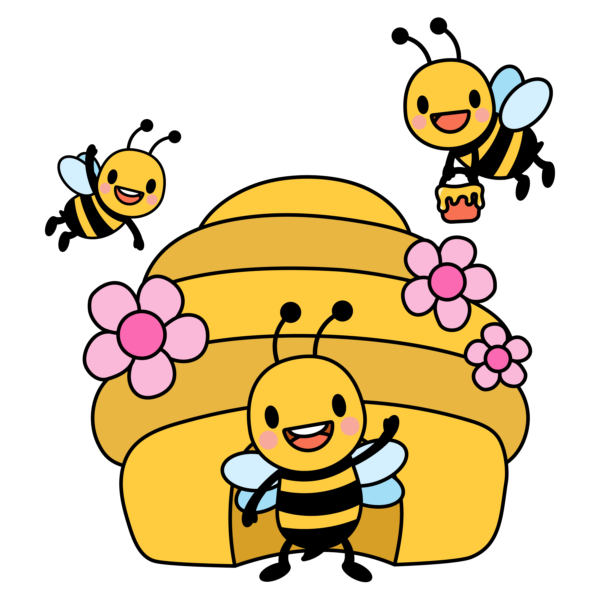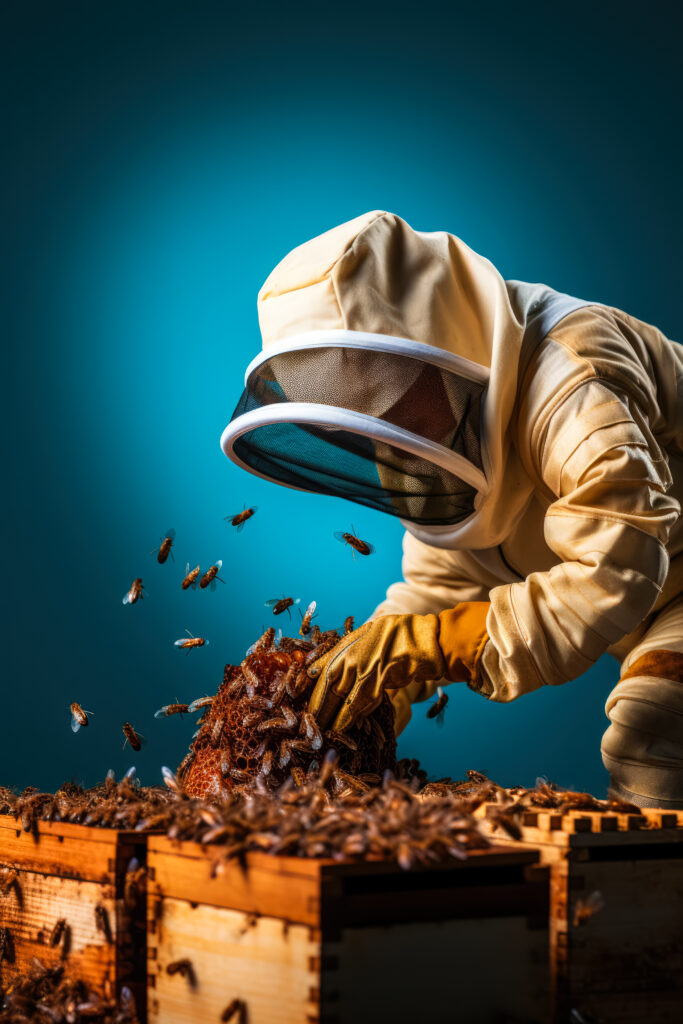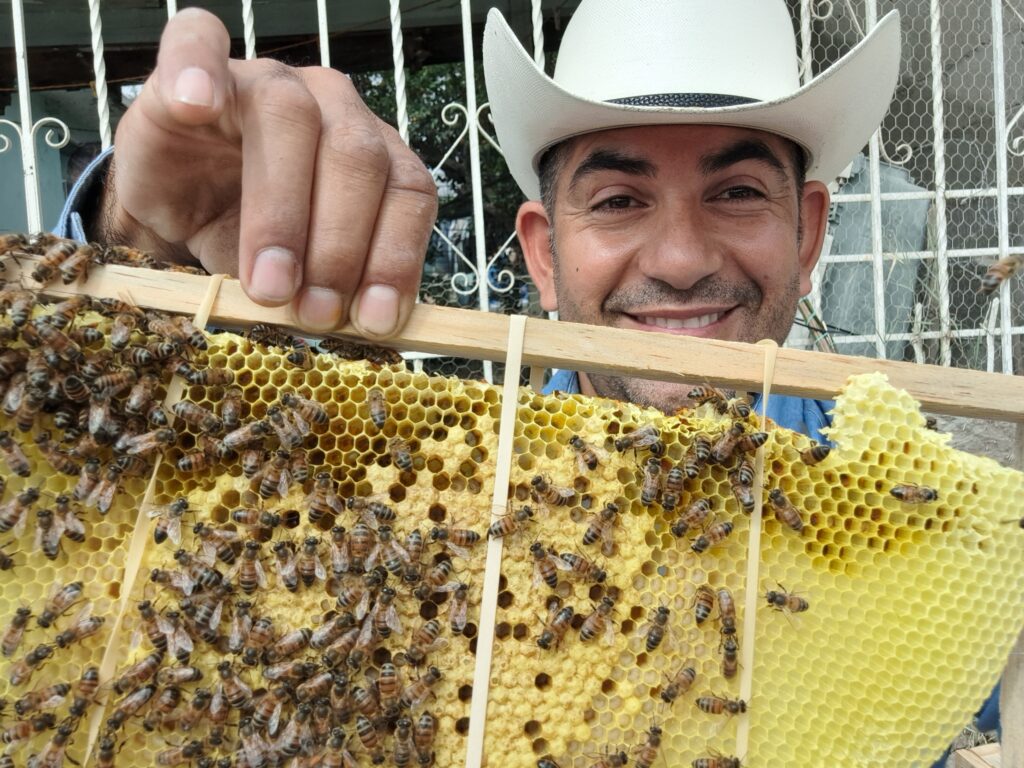Colony Strength and Health.
Colony Strength and Health in Apiculture: A Comprehensive Overview
Introduction
Apiculture, the art and science of beekeeping, is a practice that has captivated human interest for millennia. Bees play a pivotal role in pollinating plants, ensuring food security, and contributing to biodiversity. The health and strength of bee colonies are paramount for both beekeepers and the ecosystems they serve. This article delves into the critical concept of colony strength and health in apiculture, shedding light on its significance, factors influencing it, and the management strategies employed by beekeepers to ensure thriving bee colonies.
Understanding Colony Strength and Health
Colony strength and health refer to the overall vitality and well-being of a bee colony. This encompasses several essential aspects, including the population size, the reproductive capabilities of the queen bee, disease resistance, and the availability of food resources. In the context of apiculture, these factors are interrelated and have profound implications for the productivity and sustainability of beekeeping operations.
Factors Influencing Colony Strength and Health
Queen Bee: The queen bee is the heart of the colony. Her ability to lay a consistent number of eggs is pivotal to the population growth and the colony's overall strength. Queen quality and longevity significantly impact the hive's health.
Disease and Parasites: Bees are susceptible to various diseases and parasites, including Nosema, American Foulbrood, and Varroa mites. Beekeepers must implement rigorous disease management protocols to prevent outbreaks that could decimate a colony.
Nutrition: The availability of adequate forage resources is essential for colony health. A diverse diet of nectar and pollen sources is crucial for bees to thrive. Insufficient nutrition can lead to weakened colonies.
Environmental Conditions: Weather conditions, seasonal variations, and habitat quality play significant roles in colony health. Extreme temperatures, prolonged periods of rain, or drought can stress bees and weaken colonies.
Pesticides: Exposure to pesticides, herbicides, and other chemicals in the environment can negatively impact bee health. Beekeepers need to ensure that their hives are situated in areas with minimal chemical exposure.
Management Strategies for Colony Strength and Health
Regular Inspections: Beekeepers should conduct routine hive inspections to assess the colony's health, disease status, and the presence of the queen bee. These inspections help in identifying and addressing issues promptly.
Varroa Mite Control: Varroa mites are a significant threat to bee colonies. Effective mite management strategies, such as integrated pest management (IPM) techniques, are crucial for colony health.
Queen Rearing: Maintaining a robust and productive queen bee is essential. Beekeepers often employ queen-rearing techniques to ensure the availability of high-quality queens within the colony.
Habitat Management: Beekeepers can provide forage resources by planting bee-friendly flowers and ensuring access to clean water sources for the bees. Maintaining a healthy environment around the hive is vital.
Disease Management: Implementing preventative measures and early detection protocols are critical in minimizing the impact of diseases. This includes using certified disease-free bees and hive equipment.
Education and Research: Staying informed about the latest research and best practices in apiculture is essential. Beekeepers should continuously educate themselves to adapt to evolving challenges and opportunities.
Conclusion
Colony strength and health are central to the success of beekeeping and the sustainability of pollination services that benefit agriculture and ecosystems. Beekeepers play a vital role in maintaining these colonies by employing a combination of best practices in bee management, disease control, habitat enhancement, and careful monitoring. In doing so, they not only ensure the survival of their colonies but also contribute to the well-being of our environment and the global food supply. The preservation of bee colonies is a testament to the interdependence of nature and humanity in the ongoing journey of apiculture.




